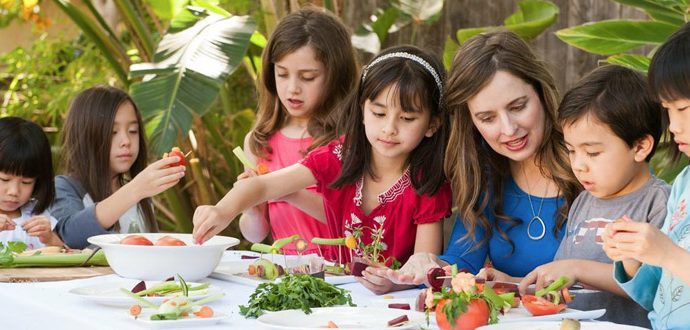It can be hard enough finding nutritious meals that appeal to all the family. But if you have an elderly relative or parent living with you, producing meals that appeal to every member of the family gets even trickier!
As we get older, good nutrition becomes even more important. However, there is no reason why, with a little forward planning and involvement, you should not be able to produce family meals that will be enthusiastically received by every generation.
Here are the key things to consider when cooking for an elderly person.
- Check the information leaflets on any medication to find out if there are dietary restrictions. Certain foods react with medication and may induce side effects.
- Make sure that you control portion sizes. We all need a lower calorie intake as we get older and less active, so a healthy, balanced diet works best. And don´t forget the importance of exercise!
- Be aware that certain foods may be a little difficult to eat with dentures. Crusty bread, chewy items and sticky foods may be off the menu, but offer an alternative if possible.
- Involve everyone in the menu planning process. Maybe there is a favourite dish from years ago that the whole family can rediscover!
- Try to incorporate foods with a high calcium intake into the diet to prevent loss of bone density and osteoporosis. This is especially important for older women.
- Don´t assume that senoirs want bland food. Use herbs and spices for flavour, but take care not to over-season food, or it may irritate sensitive stomachs.
- As we get older, our immune systems weaken, meaning that cleanliness and hygiene in the kitchen is paramount to avoid the risk of food poisoning. Always follow basic food hygiene rules and store foods at the correct temperatures. Check use by dates carefully, and “if in doubt, throw it out” is a good principle to adopt.
- If your relative does not live with you, and you are transporting food, ensure that food is kept at the correct temperature. Cold foods should be kept at 5 degrees Celsuis or below in a cooler with ice packs. Hot foods need to be kept above 60 degrees Celsius. If this is not possible, then the best option is to prepare and cool the food, and re-heat it on arrival. The zone between these two temperatures is the danger zone, as that is when bacteria will multiply.
- Foods made with raw eggs (such as home-made mayonnaise, certain sauces or desserts) can be dangerous to seniors.
- Monitor salt (sodium) intake.
- Eat a diet high in fibre, fruit and vegetables to avoid constipation.
- Limit alcohol consumption. An occasional glass of wine or beer with meals is fine, and can even be beneficial.
There are no special rules for cooking for an elderly person. If you follow these sensible guidelines, all the family will be sharing healthy, nutritious meals with the minimum of effort.






